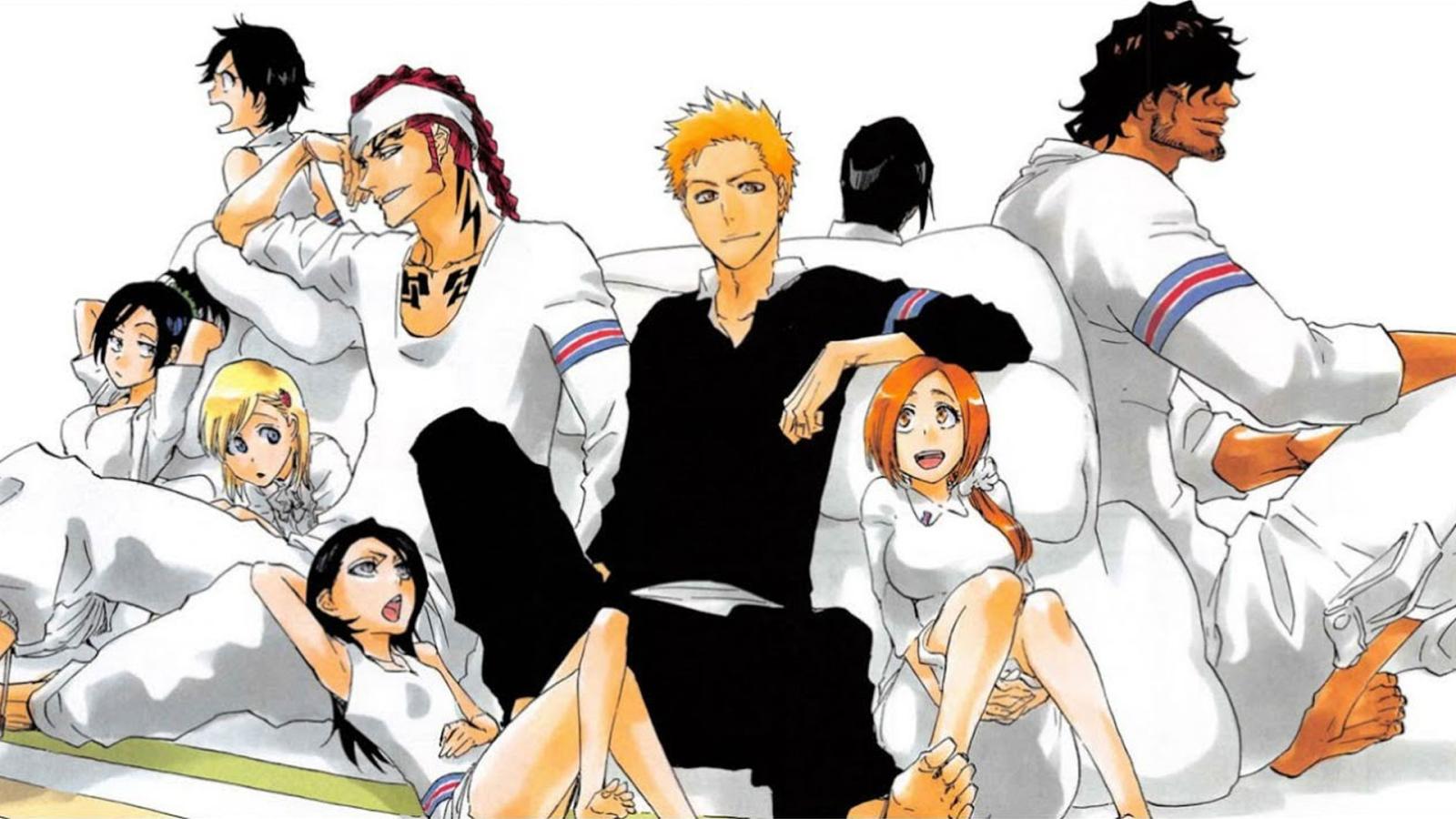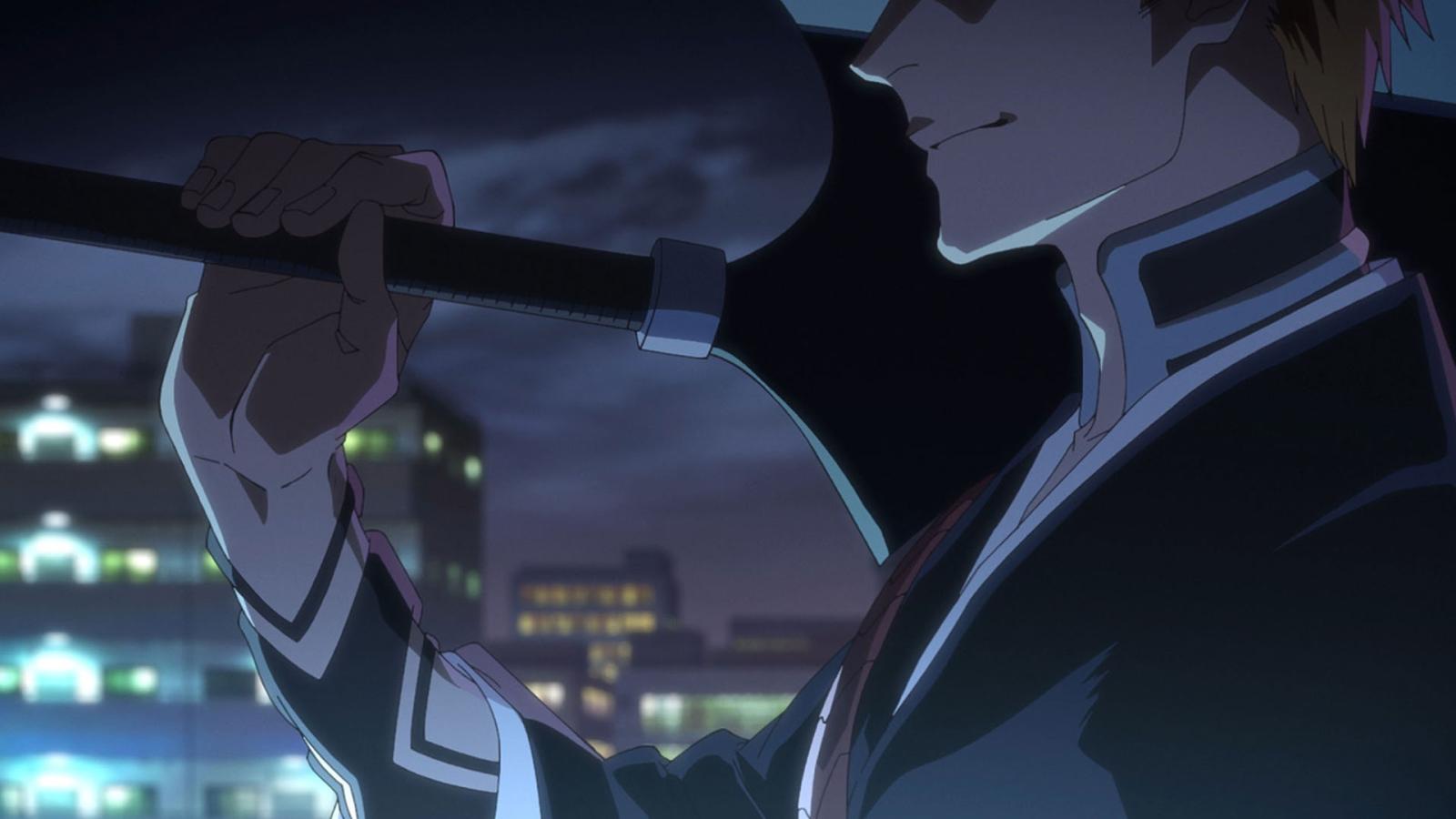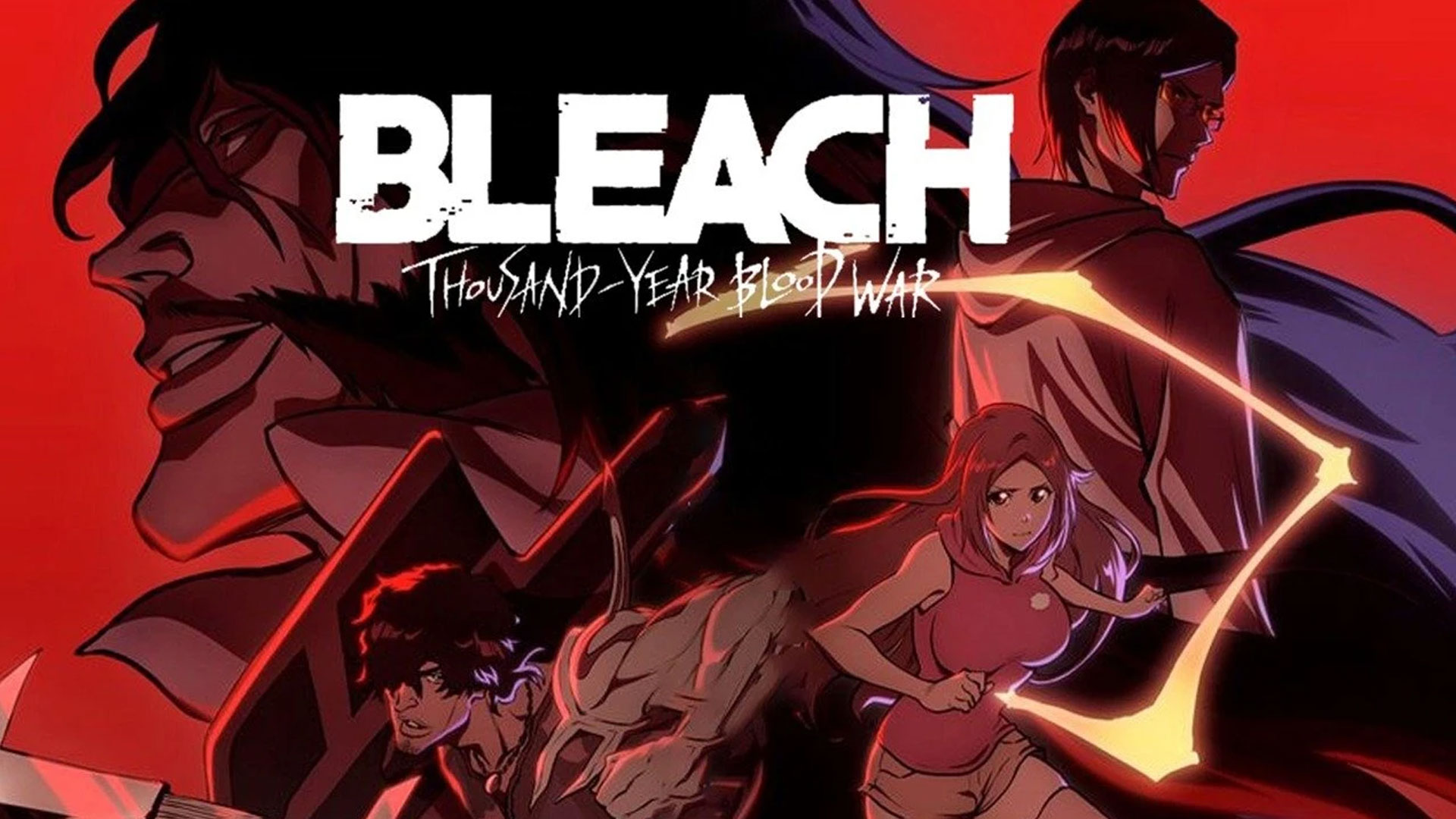We never expected it to happen, but we aren’t going to complain about it.
Summary:
- While the final arc of Bleach was originally poorly received, years later, fans actually started wanting a sequel.
- The anime adaptation of Thousand-Year Blood War was unlikely, but it actually ended up happening.
- It improves on the flaws of the manga while also being a top-tier production itself.
The final arc of Bleach manga was not received well by fans. With Tite Kubo suffering from health issues as well as being heavily pressured by Shounen Jump editors, the manga ratings plummeted heavily near its conclusion, mostly because of how rushed the finale was.
Why was the manga ending disliked?

The most common criticisms towards the last arc of Bleach include downgrade in art, pacing that is too fast, and some of the fights happening off screen. When the anime ended, fans were actually happy that the last arc wasn’t adapted, as they didn’t want to be disappointed yet again.
Years later, however, public opinion changed: Bleach was seen through a lens of nostalgia. Fans have actually been hoping for a sequel, but it felt like something incredibly unlikely: the poor reception of the final arc of the manga, combined with the original anime ending years ago, made a continuation practically impossible.
Yet, against all odds, an anime adaptation of Bleach: Thousand-Year Blood War (Bleach: Sennen Kessen-hen) was announced, which made fans very happy.
The anime improves on manga’s flaws
What made them even happier was how well the adaptation was actually made. It appealed to their feeling of nostalgia — reusing some of the music from the original as well as adapting it for the new arc — and was, in essence, the same Bleach fans always knew and loved.
Yet there was a feeling of uncertainty about this adaptation. After all, the manga’s poor reception was for a reason. Fortunately, the anime was produced under the guidance of Kubo himself, who is credited for “chief supervision.” As such, it expands on the manga content and has, so far, been fixing many of the issues fans had with that arc initially.
The best kind of adaptation

This approach is perhaps the best one Bleach fans could have received. Not only is their manga getting a full adaptation, but it is also actually going to improve on its flaws in the anime form. And, unlike filling the gaps with anime-original filler content, this is actually done with the involvement of the mangaka himself.
Another thing that Bleach: Thousand-Year Blood War anime is heavily praised for is its animation as well. The original anime wasn’t really bad-looking, but the long-runner format has occasionally hurt the production. The sequels are airing with breaks, which allows the animators to go all-out on the action scenes.

